Finding yourself without your essential travel documents can be a traveler’s nightmare, but don’t panic! Whether it’s your passport, visa, or other crucial things, knowing how to handle the situation calmly and efficiently can make all the difference.
In this guide, we’ll walk you through the steps to take if you find yourself in the unfortunate situation of lost or missing travel documents, credit/debit cards, electronic devices, valuables, etc.
1. Stay Calm and Assess the Situation
- Retrace Your Steps: Take a moment to think about where you might have left or lost your documents. Check all possible places, including your accommodation, hotel room, bags, restaurants, tourist sites, and transportation.
- Ask for Help: If you think you left your documents in a specific place, contact them directly (e.g., hotel reception, tour guide, public transport) to see if they’ve been found.
- Lost and Found Office: Many cities have this type of offices where the unidentified objects are stored for a certain duration. They will be present at major train stations, airports, city halls, etc.You can search and see if your items are available. You can also leave your information, so they can contact you if required.
2. Report the Loss
Local Police Complaint:
- Why: This is crucial for legal and administrative reasons including insurance claims. The police report may be needed to obtain a replacement passport or emergency travel document and for any travel insurance claims.
- Incase of identity theft and misuse of your documents, the police complaint might help you to prove your innocence.
- How: Visit the nearest police station and report the loss. Be prepared to provide details like where and when you lost the documents, and any identifying information about the lost items.
- Many countries now provide an online option to submit a police complaint immediately after the incident. In some cases, you might be asked to visit a local police station and physically sign on the complaint. For example, In France: How to submit a Police Complaint in France?
- Language Barriers: If there’s a language barrier, ask your hotel or a local contact to help you, or use translation apps to communicate effectively.
Embassy/Consulate Notification:
- Why: Your embassy or consulate is your primary resource for replacing lost travel documents, especially the passport. They can issue emergency documents that will allow you to return home.
- How: Find the nearest embassy or consulate by searching online or asking your hotel. Many embassies have a 24-hour emergency line. When you contact them, explain your situation and ask for guidance on what to do next.
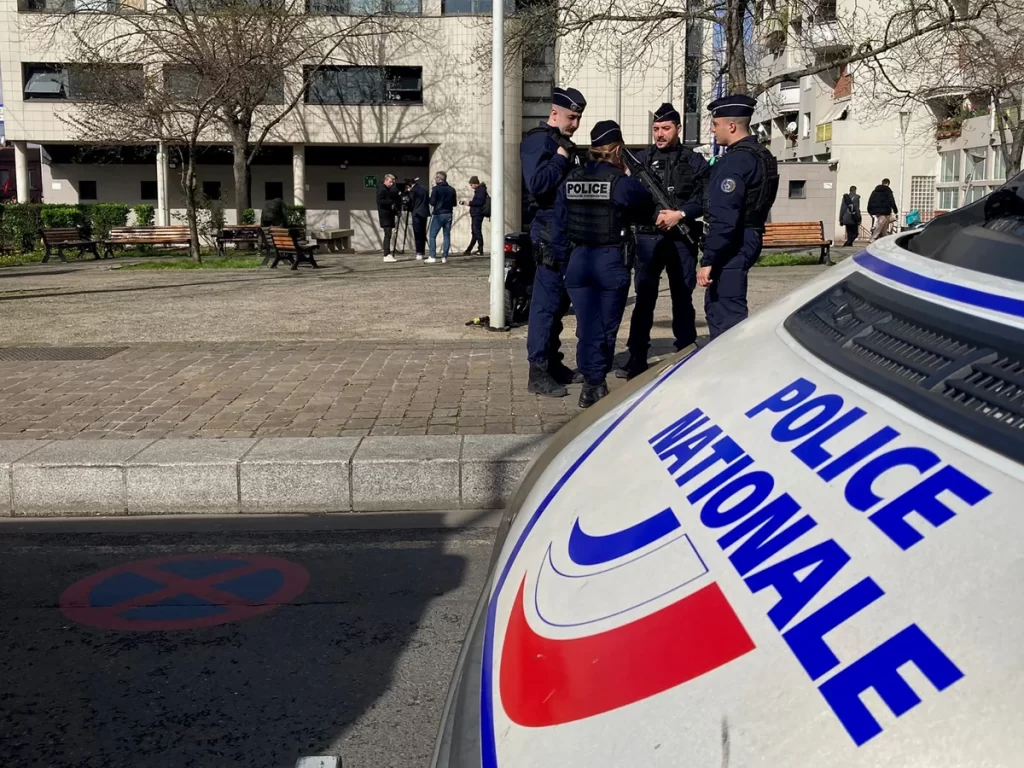
3. Obtain Emergency Travel Documents
Emergency Passport or Travel Document:
To get an emergency passport or travel document, you typically need:
- A copy of the police report.
- Some form of identification (a photocopy of your passport, driver’s license, or other ID if available).
- Passport photos (these can usually be taken nearby; many consulates have information on where to get them).
- Proof of travel (e.g., your flight tickets or itinerary).
- A fee for the emergency document (the cost varies by country).
In cases of loss of passports for Indian nationals visiting France (on tourist, business, etc.), the Embassy issues Short Validity Passports or Emergency Certificates directly at the Embassy in Paris. Please note that this is not applicable to Indians residing in France. Residents must apply through VFS for the reissue of passports under the lost category. A new passport will be issued. Based on this new passport you can apply for a duplicate resident permit online via ANEF portal.
Time Frame: The time it takes to issue an emergency document can vary. In urgent cases, it might be done the same day, but it often takes a few days.
Use of Emergency Document: Note that this document is usually valid only for a limited period or a single trip, so you’ll need to apply for a new passport once you return home.
Traveling Further
- Example 1: You are an Indian tourist and lost your documents including your passport and visa during a trip to France or Spain. In this case, you can contact the Indian Embassy in Paris (France) or Madrid (Spain) and get an emergency travel document mentioned above. This document along with a local police complaint will allow you to return back to India safely.
- Example 2: You have a French resident permit and lost your travel documents during a trip to Italy or Switzerland. In this case, the police complaint and photocopies of the lost documents will allow you to return safely to France. If you are traveling by flight, the airlines may or may not allow you without the original documents. So, check with the airlines before reaching the airport. If they say No, you can return to France via bus, train or a car.
4. Contact Airlines, Hotels, and Tour Operators
Airlines:
- Why: Informing your airline is essential if you need to change your travel plans or if they require updated travel documents before boarding.
- How: Contact the airline’s customer service or visit their local office. Provide them with the details of your lost documents and any new documents you’ve obtained from the embassy.
- Rebooking or Refunds: Some airlines may offer flexibility with rebooking if you need additional time to sort out your documentation. Check their policies or ask for assistance.
Hotels:
- Why: Your hotel can assist with local contacts, directions, or even helping to recover lost documents if they were left at a hotel facility.
- How: Speak to the hotel reception. They might also be able to offer support with language translation, contacting local authorities, or recommending nearby embassies.
5. Secure Your Finances
Credit/Debit/Forex Cards:
- Action: If your wallet was lost or stolen along with your travel documents, immediately contact your bank to cancel all your cards and request replacements.
- Emergency Funds: Ask your bank about emergency cash services, which may allow you to withdraw funds without a card at partner banks or via money transfer services.
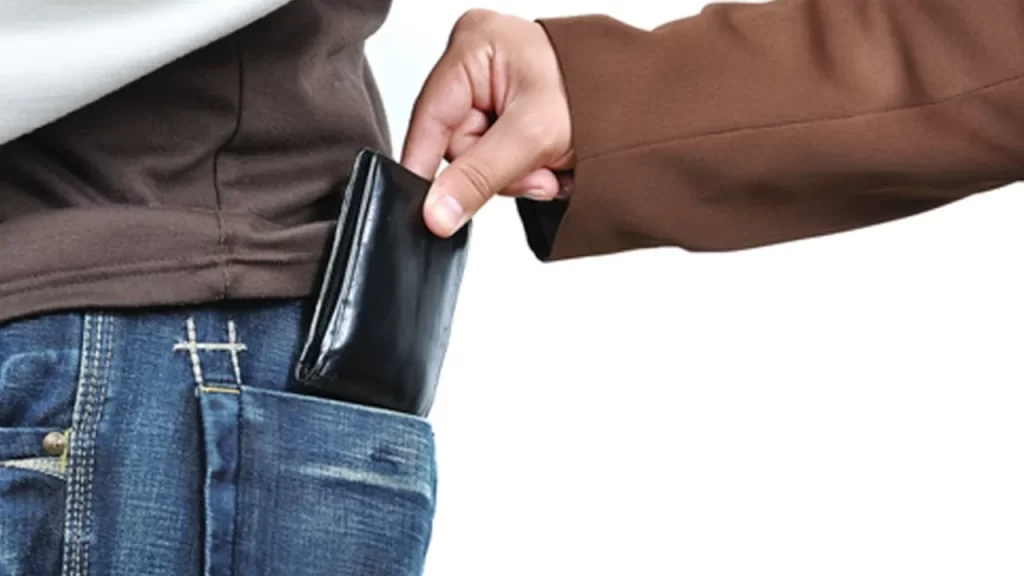
6. Electronic Devices
Losing a mobile phone, laptop, iPad, or other valuable items while traveling can be stressful, but taking the right steps quickly can help minimize the damage
Track the Smartphones: (if possible)
- iPhone: Use “Find My iPhone” via another Apple device or iCloud.com to locate, lock, or erase your phone.
- Android: Use “Find My Device” via another Android device or a browser to locate, lock, or erase the phone.
Track Laptops: (if possible)
- Windows: Use “Find My Device” through your Microsoft account.
- MacBook: Use “Find My” via another Apple device or iCloud.com.
Lock and Erase Data Remotely: (if possible) If you’re unable to recover the device, lock it remotely to prevent unauthorized access. You can also erase data remotely to protect sensitive information. This can be done via the tracking services mentioned above.
Notify Your Service Providers:
- Mobile Service Provider: Contact your mobile carrier to report the loss. They can block the SIM card to prevent unauthorized calls and data usage.
- If you had stored banking apps or sensitive information on the device, notify your bank or credit card companies to monitor and prevent any suspicious activity.
Change Your Passwords: As a precaution, change the passwords for your important accounts, especially those linked to the lost device. Focus on email, banking, and social media accounts.
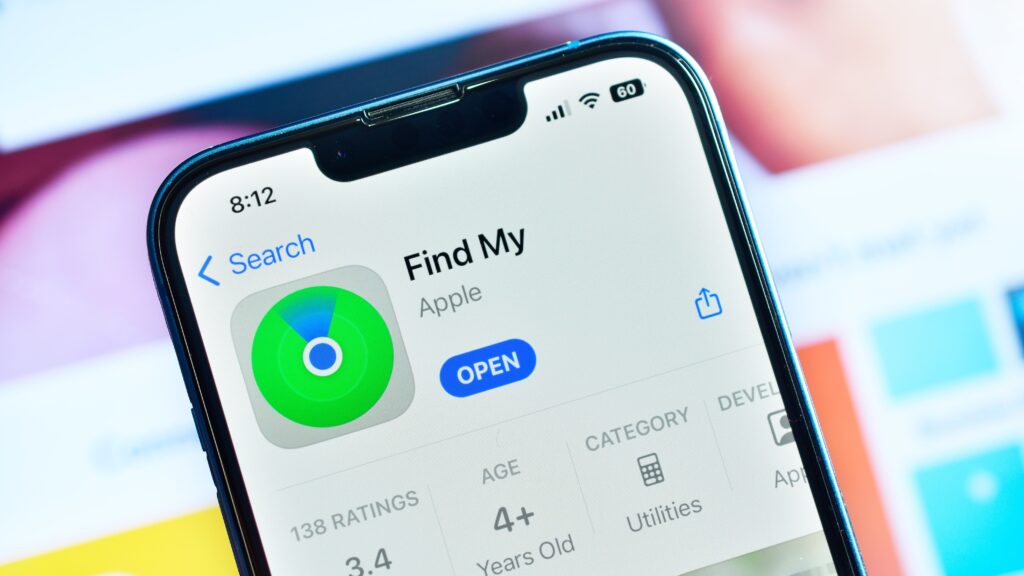
7. Backup Documentation
Digital & Photocopies:
- Before you travel: It’s a good idea to store digital copies of your important documents (passport, visas, driver’s license, travel insurance, etc.) in a secure cloud service or email. These copies can be shown to authorities or used by the embassy to verify your identity.
- What to Keep: Include a copy of your passport, travel itinerary, emergency contact numbers, resident permits, driving licenses and any relevant visa pages.
8. Insurance Claims
Travel Insurance:
- Why: If you have travel insurance, it might cover the cost of replacing documents, emergency travel, or even extended stays due to delays in obtaining new documents.
- How: Contact your insurance provider as soon as possible. Provide them with details of the incident, including the police report, and ask about coverage for your situation.
Bank Insurance
- Your international bank credit/debit (visa or mastercard) cards may have some insurance coverage too. You should contact your bank and check it.
- It might also help to get a reimbursement, if someone made a fraudulent transaction or cash withdrawal.
9. New Passport & Visa
After reaching your home safely, you must reapply for a new or a duplicate version of the lost documents. For example: Passport, visa, resident permit, etc.
Passport:
- You must reapply for a new passport using the police complaint and following the rules of your country.
- For Example: Indians living in France can apply for their passports via the VFS offices in Paris or Marseille. All the required information is available at eoiparis.gov.in/passport-services and vfsglobal.com/#re_issue_passport.
Visa & Resident Permits:
- If you are a foreign national and have lost your visa or residence permit, you need to take different steps depending on where you lost it.
- In all cases, you must request a duplicate of the lost document.The cost varies according to the type of the visa.
- Example 1: You lost your French visa/resident permit in France or other Schengen country. Then, you must apply for a duplicate online on ANEF website administration-etrangers-en-france.interieur.gouv.fr.
- Example 2: You lost your French resident permit in India or other non-EU country. Then, you must apply for a visa de retour, return to France using this one time use visa and apply for a duplicate of the resident permit as explained in the previous example.
Related Articles
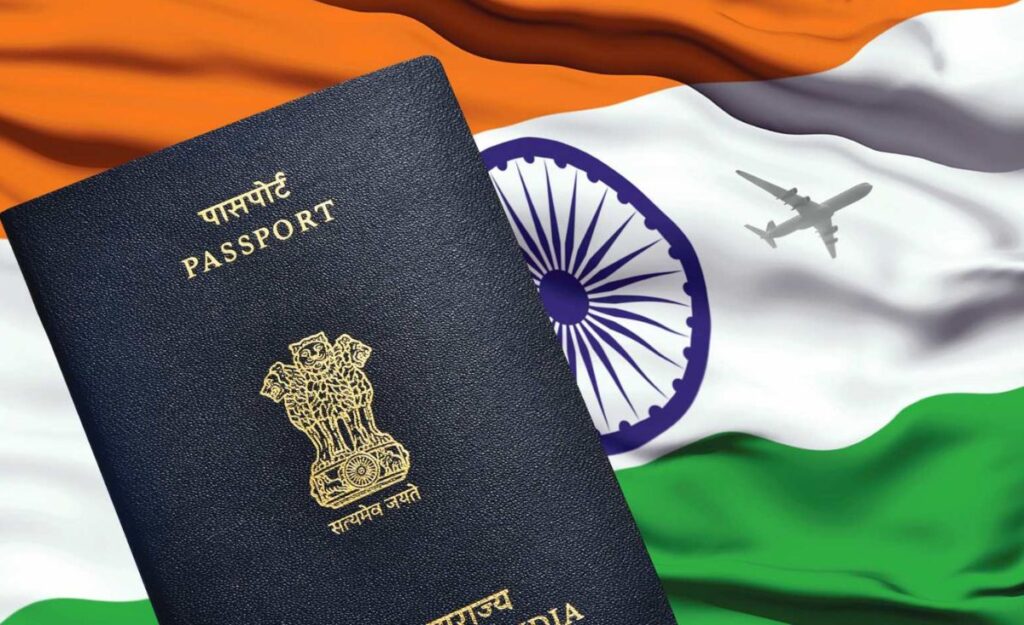
10. Preventive Measures for Future Trips
- Travel Insurance: Ensure you have comprehensive travel insurance that includes coverage for lost or stolen documents.
- Document Copies: Always travel with photocopies or digital copies of your travel documents, stored separately from the originals.
- Multiple Forms of ID Proof: Carry more than one form of identification (e.g., a driver’s license and a passport) but keep them in different locations.
- Emergency Contacts: Keep a list of emergency contacts, including your country’s embassy and local authorities, easily accessible during your travels.
By following these steps, you can minimize the disruption caused by the loss and get back to your home safely.
Support This Blog!
If you’ve found my articles helpful, interesting or saving your time and you want to say thanks, a cup of coffee is very much appreciated!. It helps in running this website free for the readers.

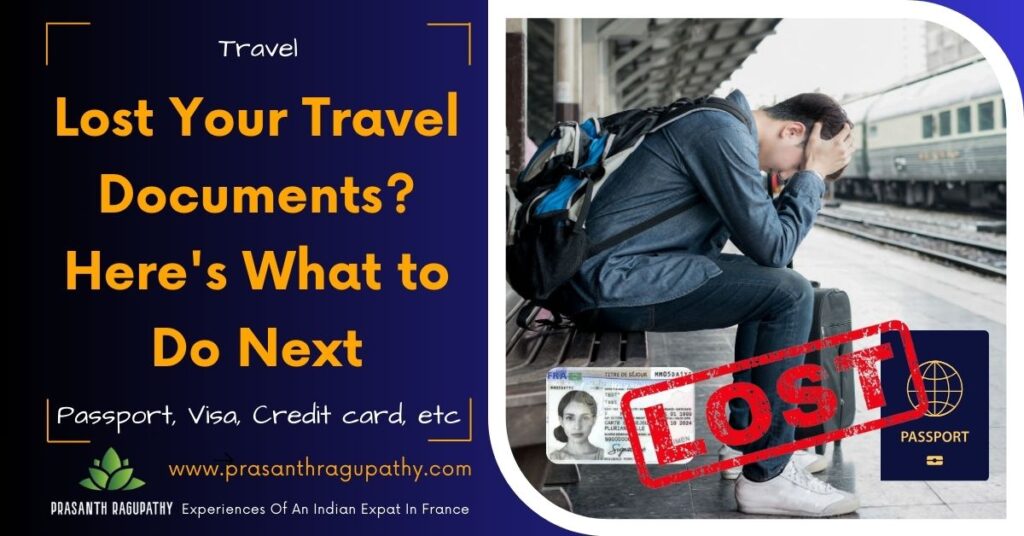

Recently a Friend of mine lost their passport. The police made it very clear that they won’t take a complaint for a”lost” passport, so we had to say it was stolen to get a police certificate. It was a nightmare.
Thanks for your feedback. Wherever we are, it is recommended to follow the instructions of the local officials.To avoid these complications, its better to keep our belongings safe.
Today, I lost my purse, which also had my Titre de Séjour inside. In my case, I went to the police station, and they took my complaint as a lost item.